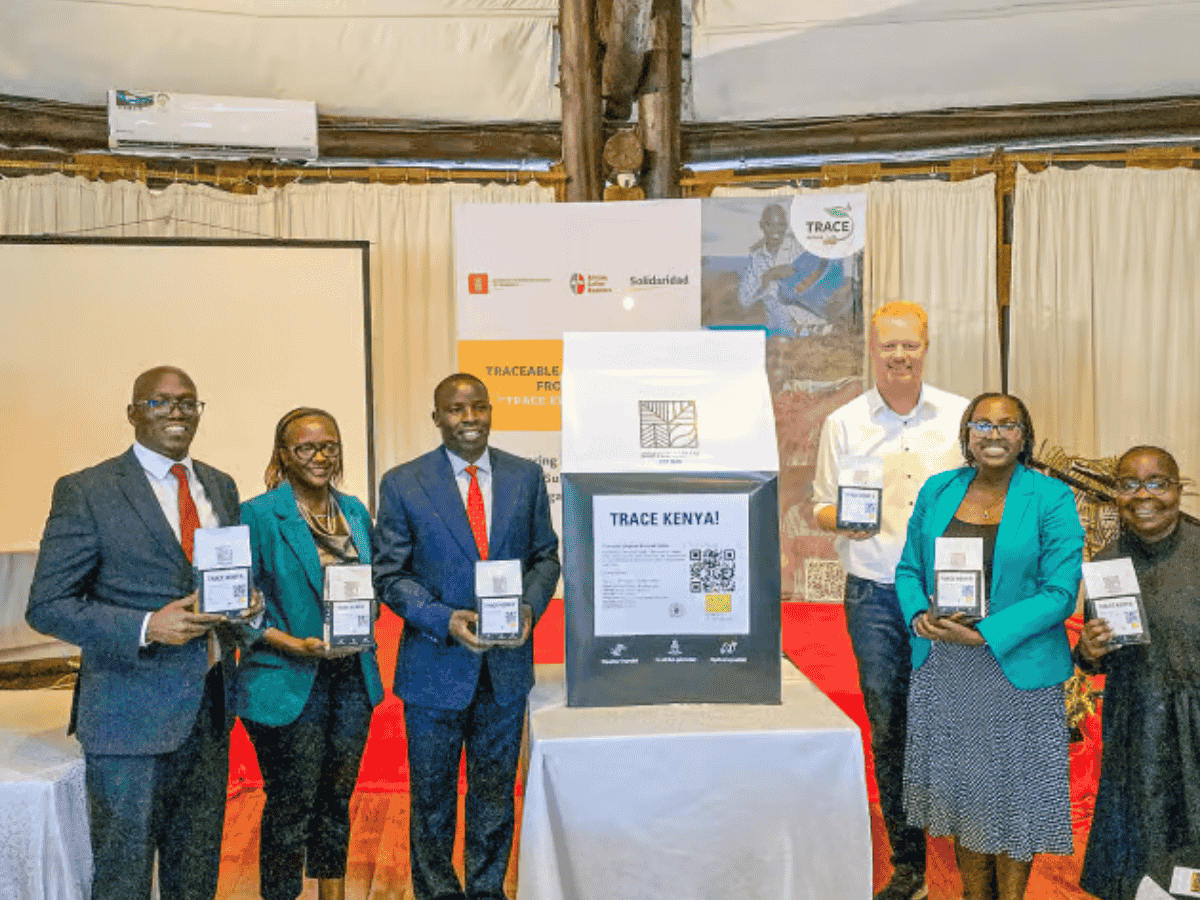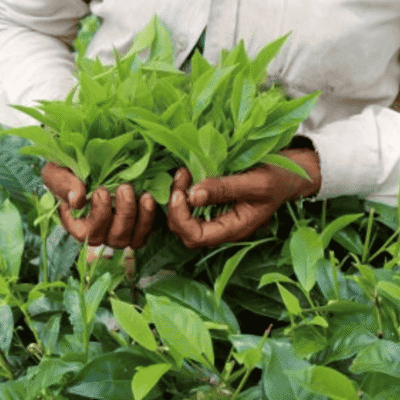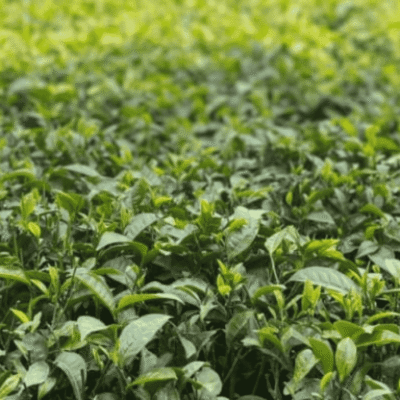KENYA – Kenya’s coffee industry has reached a major milestone with the launch of its first certified organic coffee under the Traceable Organic Coffee from Kenya Project.
The initiative, led by African Coffee Roasters (ACR) in partnership with Solidaridad East and Central Africa and Rabobank, was unveiled at an event held at Safari Park Hotel in Nairobi on March 27.
The certified organic coffee, branded as Trace Kenya, represents a shift towards sustainable coffee production, positioning Kenya as a key player in the premium organic coffee market.
The initiative has supported farmers across Nandi, Kericho, Bungoma, and other regions in transitioning to organic coffee farming.
Shifting the value of coffee to producing countries
Speaking at the launch, Jacob Elsborg, CEO of African Coffee Roasters, highlighted the company’s goal of retaining more value in coffee-producing nations, reports Food Business Africa Magazine.
He noted that while the global green coffee market generates over US$200 billion, less than 10% of this value remains in the countries that produce it.
“Kenya has long been recognized for its high-quality coffee. This certification signifies a crucial step towards organic farming,” said Elsborg.
In response to rising global demand for organic-certified coffee, particularly in the European Union and the United States, ACR has taken the lead in supporting Kenyan farmers in the transition to organic production.
The first batch of approximately 21,700 kilograms of organic Kenyan coffee is now ready for export, targeting markets in Germany, the Netherlands, and Finland.
Elsborg emphasized that processing coffee locally—through roasting, packaging, and marketing—allows Kenya to retain nearly 60% of the product’s value. This approach not only strengthens the economy but also creates employment opportunities and enhances the livelihoods of farmers.
Challenge of organic certification
The certification process for organic coffee is both time-consuming and costly.
Unlike neighboring Uganda and the Democratic Republic of Congo, where organic coffee farming is more widespread, Kenya has lacked certified organic coffee until now. For years, ACR sourced organic coffee from these countries to meet international demand.
With this breakthrough, Kenya is set to expand its footprint in the global organic coffee market. However, challenges remain.
One major hurdle has been ensuring that all cooperative farmers comply with organic farming standards, as contamination from conventional farms—such as glyphosate residue—can threaten certification.
Betty Musembi, Senior Project Manager at Solidaridad East and Central Africa, pointed out that the lack of certified organic farming inputs, such as fertilizers and pest control solutions, adds to the challenges.
Moreover, government-led coffee reforms have complicated licensing processes, with some newly certified organic millers losing their licenses soon after certification.
Sustainability and farmer training under the Trace Kenya Project
Launched in 2020, the Trace Kenya Project has focused on sustainability, traceability, and equity in coffee production. Despite being introduced during the COVID-19 pandemic, the project has exceeded its initial targets, reaching over 25,000 farmers—far above the 15,000 originally planned.
According to Rachael Wanyoike, Managing Director at Solidaridad, the project has helped farmers adopt climate-smart agricultural practices, improving their resilience to climate change while increasing long-term economic benefits.
“In addition to training 481 trainers, who have in turn educated over 25,301 farmers, we have also integrated carbon trading into the project—something that was not initially planned,” said Wanyoike.
“This initiative has evolved beyond expectations, proving that adaptability and innovation are key to progress.”
Government support and future prospects
The Kenyan government has expressed its support for the initiative, with Nandi County Governor Stephen Sang stating that the project aligns with Kenya’s Vision 2030 economic transformation agenda and the Agricultural Sector Transformation and Growth Strategy.
Sang further revealed that efforts are underway to establish a Geographical Indication (GI) framework for Kenyan coffee. This would ensure global recognition of Kenya’s unique coffee varieties, protecting their identity and boosting their competitiveness in international markets.
New Era under Slow Forest Coffee ownership
In a notable development, Elsborg announced that African Coffee Roasters is no longer owned by Coop Denmark but by Slow Forest Coffee.
This transition is expected to introduce further innovations, including the launch of carbon-negative coffee—a concept aimed at reducing the environmental footprint of coffee production.
“Our mission remains unchanged: advancing fair trade, sustainability, and innovation in the coffee sector,” Elsborg stated.
The event brought together farmers, coffee research institutes, millers, industry experts, and government officials, highlighting widespread support for Kenya’s move towards organic coffee production.






